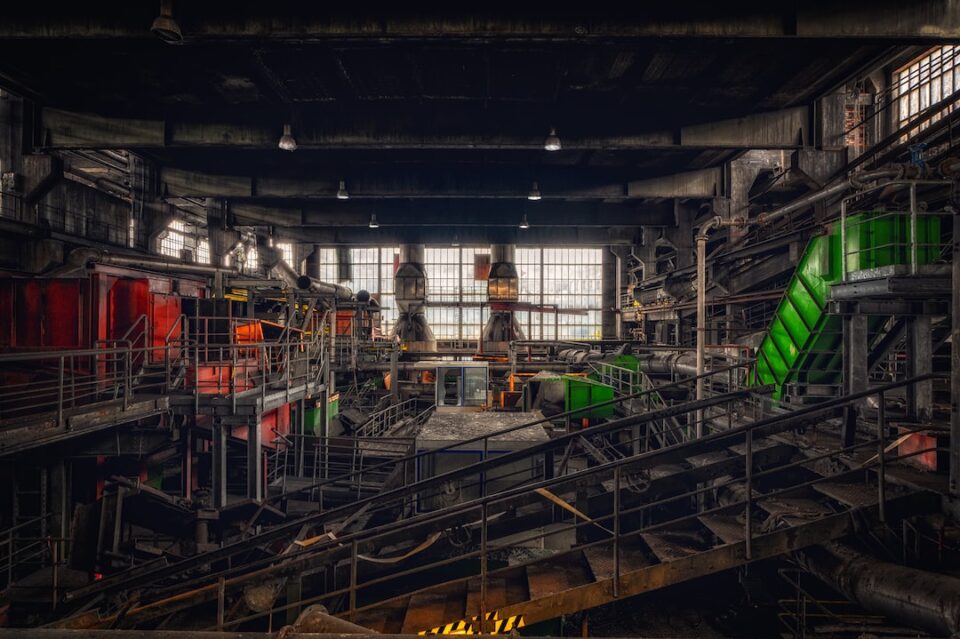The manufacturing supply chain is a complex system of interdependent processes that are integral to the success of any production business. When properly optimized, it can enhance overall production efficiency, minimize operational costs and guarantee high-quality goods that meet customers’ requirements. However, manufacturers face a myriad of challenges that can impede their ability to optimize their supply chains. Here are some crucial tips on how to effectively optimize your manufacturing supply chain.
Develop a comprehensive plan
A comprehensive plan that outlines and analyzes all aspects of your supply chain is critical for growing a successful and efficient business. It enables you to identify the key factors that drive your supply chain, understand the strengths, weaknesses, and opportunities in the system, and identify areas that require improvement. From production to delivery, a comprehensive plan involving all stakeholders provides a unified path and a clear set of goals to work towards. Also, it helps to foster accountability and commitment among all team members.
Communication is paramount
Communication between different departments within your organization, suppliers, and customers is crucial in optimizing your supply chain. Good communication helps to streamline processes, identify bottlenecks, and resolve issues promptly. All stakeholders should have the relevant information on demand forecasts, production schedules, and expectations while also communicating regularly about potential disruptions, changes in requirements, and operational problems.
Streamline production processes
Your production process is the foundation of your supply chain. Streamlining it can minimize waste, reduce cycle times, and increase responsiveness to demand. Utilizing a lean methodology can help eliminate inefficiencies and optimize the entire production process. Additionally, implementing just-in-time (JIT) principles, automation and robotics can optimize production processes, streamline operations and enhance productivity.
Manage inventory effectively
Inventory is typically one of the most substantial costs to a manufacturer’s bottom line. Products that take too long to sell or cannot be sold result in excess inventory and unnecessary costs. Conversely, if you run out of stock, you miss out on potential sales, which could lead to damaging customer relationships. Therefore, it is essential to manage your products effectively. It is critical to monitor inventory levels closely, reduce obsolete and stagnant inventory, and automate and integrate inventory processes to achieve optimal inventory levels.
Implement Technology Solutions
Companies today rely heavily on technology solutions to optimize their supply chains. Digital platforms, such as enterprise resource planning (ERP) systems, warehouse management systems, transportation management systems (TMS), and other software applications, can automate and optimize key processes, such as procurement, order tracking, and delivery. These systems provide visibility and traceability throughout the supply chain and enhance decision-making and crisis management.
In conclusion, optimizing your manufacturing supply chain is instrumental in achieving sustainable growth and cost reductions. By developing a comprehensive plan, communicating effectively, streamlining production processes, managing inventory efficiently, and implementing technology solutions, you can achieve better predictability, forecasting, and visibility across your supply chain. Remember, a properly optimized supply chain ensures that your business delivers quality products and creates customer satisfaction, which drives business success.

